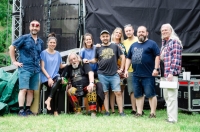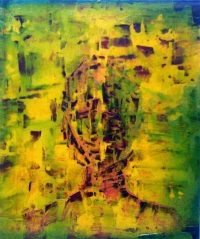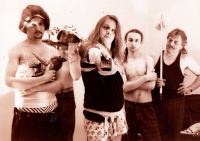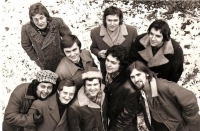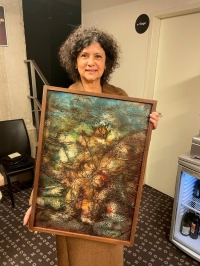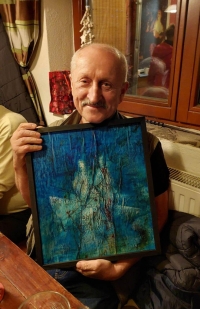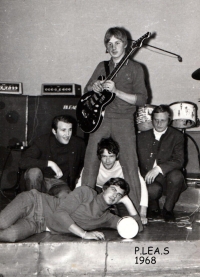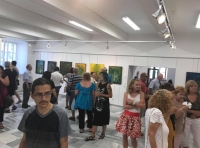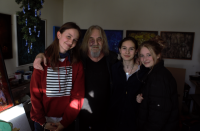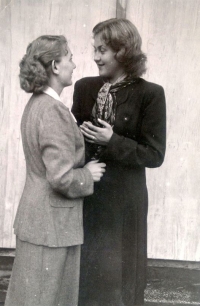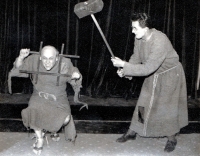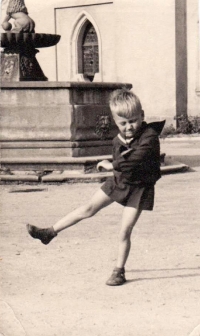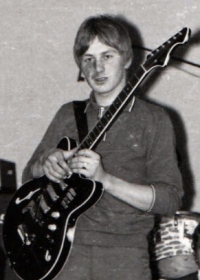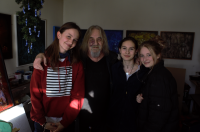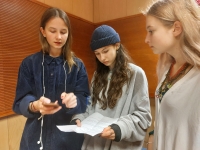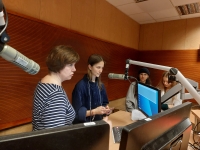The Bolsheviks couldn‘t get to the musicians, we played all the time

Stáhnout obrázek
Pavel Hlaváč was born on 28 March 1951 in Třebíč. His father Alois, who studied in Moscow, was a staunch communist with a desire to change the world. It was only after August 1968 that he and the witness found their way together, when his father left the party. His mother Milada worked as a hairdresser. Pavel Hlaváč fell in love with bigbeat while growing up, grew his hair and enjoyed his first experiences on stage with the first band Babrani. After primary school, he apprenticed as a milling cutter at Západomoravské Machine Works. Between 1970 and 1972 he served his compulsory military service, most of the time as a member of Ernst Thelman‘s Show Ensemble, with which he toured, for example to the GDR. After returning from the war, he joined the soul band Articulus, with which they played until 1975, before being banned due to the singer‘s American way of performing. Instead of the underground, they moved to a café, where they played three times a week, and at the same time, the witness worked in the Třebíč factory of the United Artistic and Industrial Works (UP Závody) as a miller. He also began to paint pictures, developed his own technique, „shmirglage“, and exhibited in the Czech Republic, for example at the Zámostí Třebíč festival, or in Vienna at the Nachtasyl bar. Even in 2023 he lived in Třebíč and still performed, especially with his blues band Hlaváč and Co.
